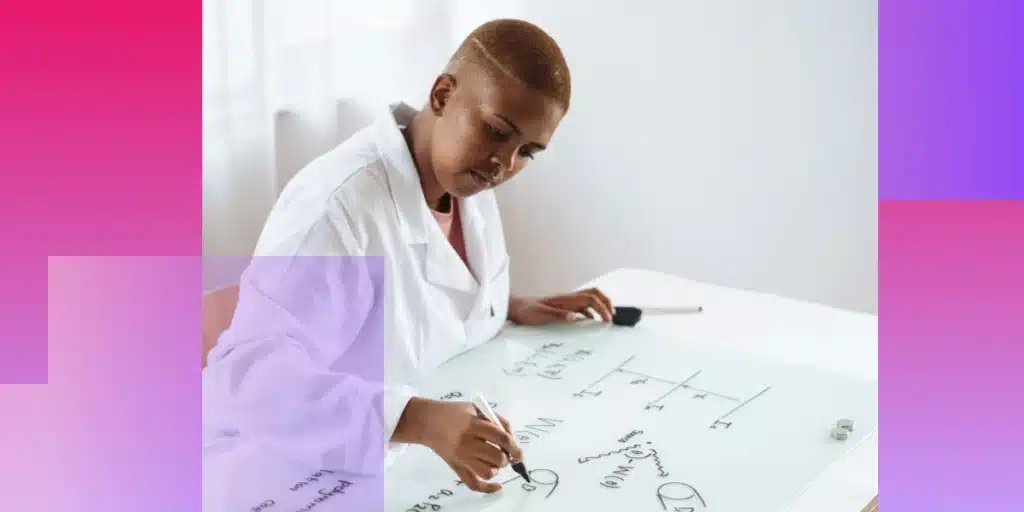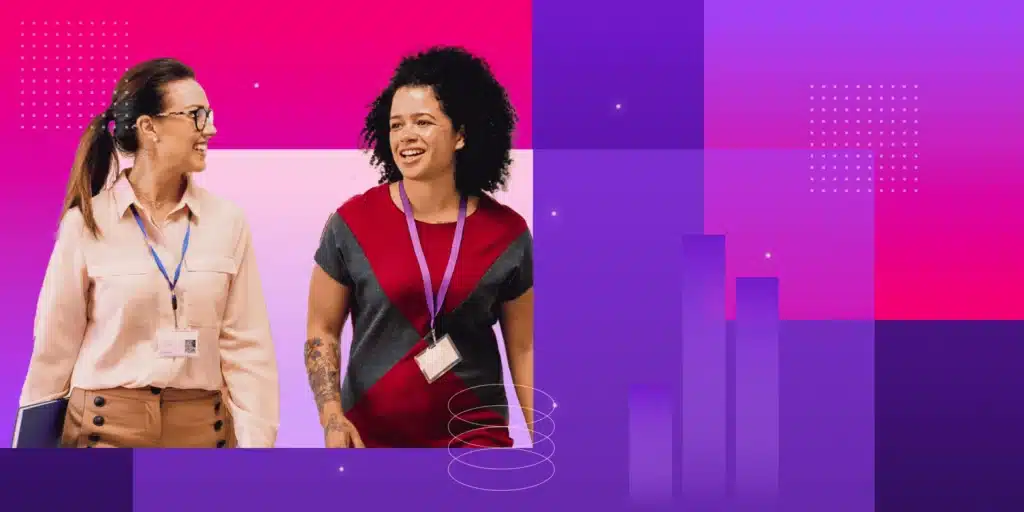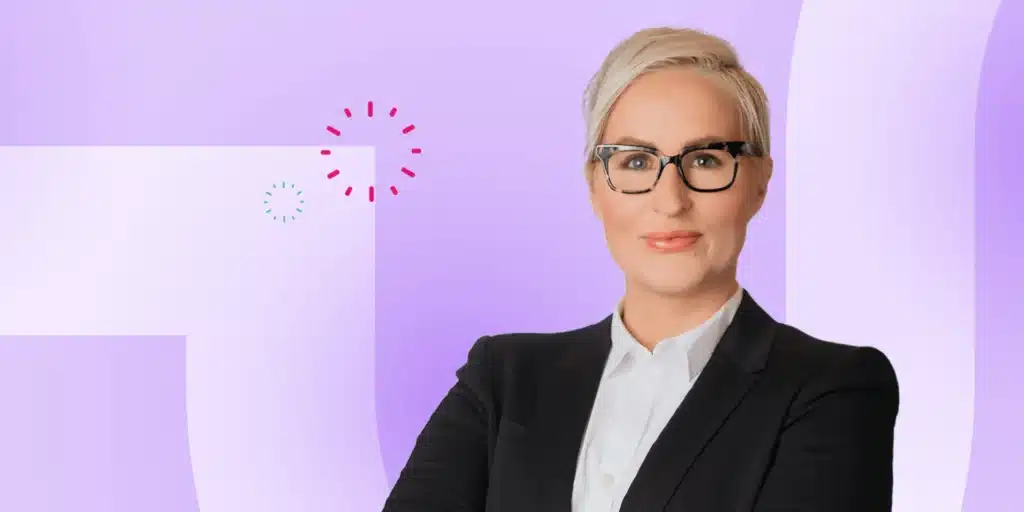Why We Shouldn’t ‘AI-Proof’ College Assessments
Artificial intelligence has forced educators to rethink traditional assessments altogether. At a time when inequities run deep, here’s why we should welcome change.
As Top Hat’s Chief Academic Officer, Bradley Cohen provides leadership and advocacy within the higher education community. He also offers guidance to support Top Hat’s product innovation, digital publishing, and institutional engagement strategy. Prior to joining Top Hat, Bradley served as the Chief Strategy and Innovation Officer at Ohio University. He also helped advance instructional innovation and technology for 15 years at the University of Minnesota in his role as Associate CIO for Academic Technology. Bradley holds a Ph.D in Philosophy from the University of North Carolina at Chapel Hill.

Artificial intelligence has forced educators to rethink traditional assessments altogether. At a time when inequities run deep, here’s why we should welcome change.

5 ways to make evidence-informed teaching the standard for course design and delivery

As with any disruptive innovation, ChatGPT should challenge us to examine our current approaches to teaching and learning, including the issue of student cheating.

Our universities are failing historically marginalized students and the reason is uncomfortably clear: the system we have is simply not designed to serve them effectively.

It’s not about the evidence anymore. Our latest executive roundtable explores the challenges of making active learning standard practice in higher education.

Profound inequities and poor success rates are keeping too many students from becoming tomorrow’s engineers, scientists and healthcare professionals

Academic burnout is rampant. Here are some ways that institutions can better support their educators, starting with mentorship and educational technology.